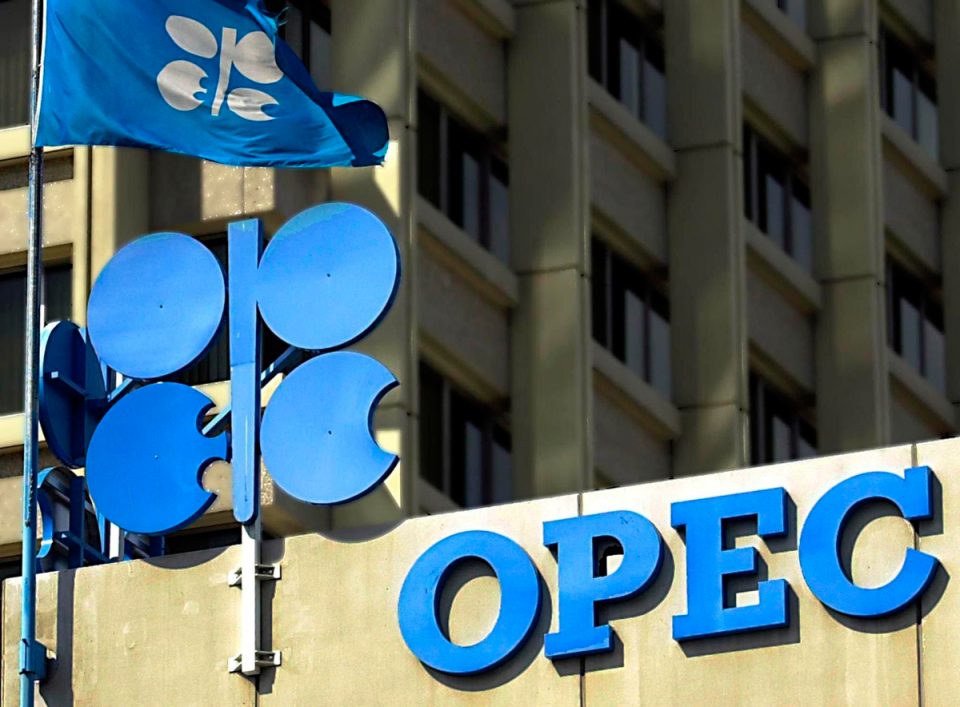The Organisation of Petroleum Exporting Countries (OPEC) has no plans to change course on production policy in response to Russia’s decision to cut crude output next month, according to delegate sources.
Last weekend, Moscow announced that it was planning a 500,000 bpd “voluntary” cut in March, which it said is designed to “contribute to the recovery of market relations” following the G7-led price caps on Moscow’s crude and product sales.
“The price cap mechanism for sales of Russian crude and oil products interferes in market relations and continues the destructive energy policy of the countries of the collective West,” the country said.
But the chance of OPEC+ responding to Russia’s cut with a hike in quotas looks remote, OPEC sources told Argus, the energy intelligence firm.
“Do not expect additional barrels out of us,” one OPEC+ source was quoted as saying. “There is no possibility for an imminent change in March,” another source said. “We have to wait at least until April and see,” the sources added.
The sources reiterated that, as things stand, current quotas will remain in place until the end of the year. When they met in October 2022, OPEC+ ministers decided on a nominal 2 million bpd cut in the group’s overall production ceiling until the end of 2023. They decided to stick with that plan at their last meeting in December.
Russia is already producing way below quota — it was around 700,000 bpd under target in December, according to Argus estimates. And despite prompting a rise in oil prices earlier today, Moscow’s decision to reduce output next month does not appear to have blindsided fellow OPEC+ members.
Russia had acknowledged last year that Moscow may have to reduce output by 500,000-700,000 bpd at some point in early 2023 if buyers insisted on adhering to the price cap.
The EU’s ban on seaborne imports of Russian crude and the accompanying G7-led $60/barrel price cap on Russian crude sales appear to have had little impact on production since coming into force on 5 December last year. Russian crude output in December was almost unchanged from November, according to estimates.


previous post


